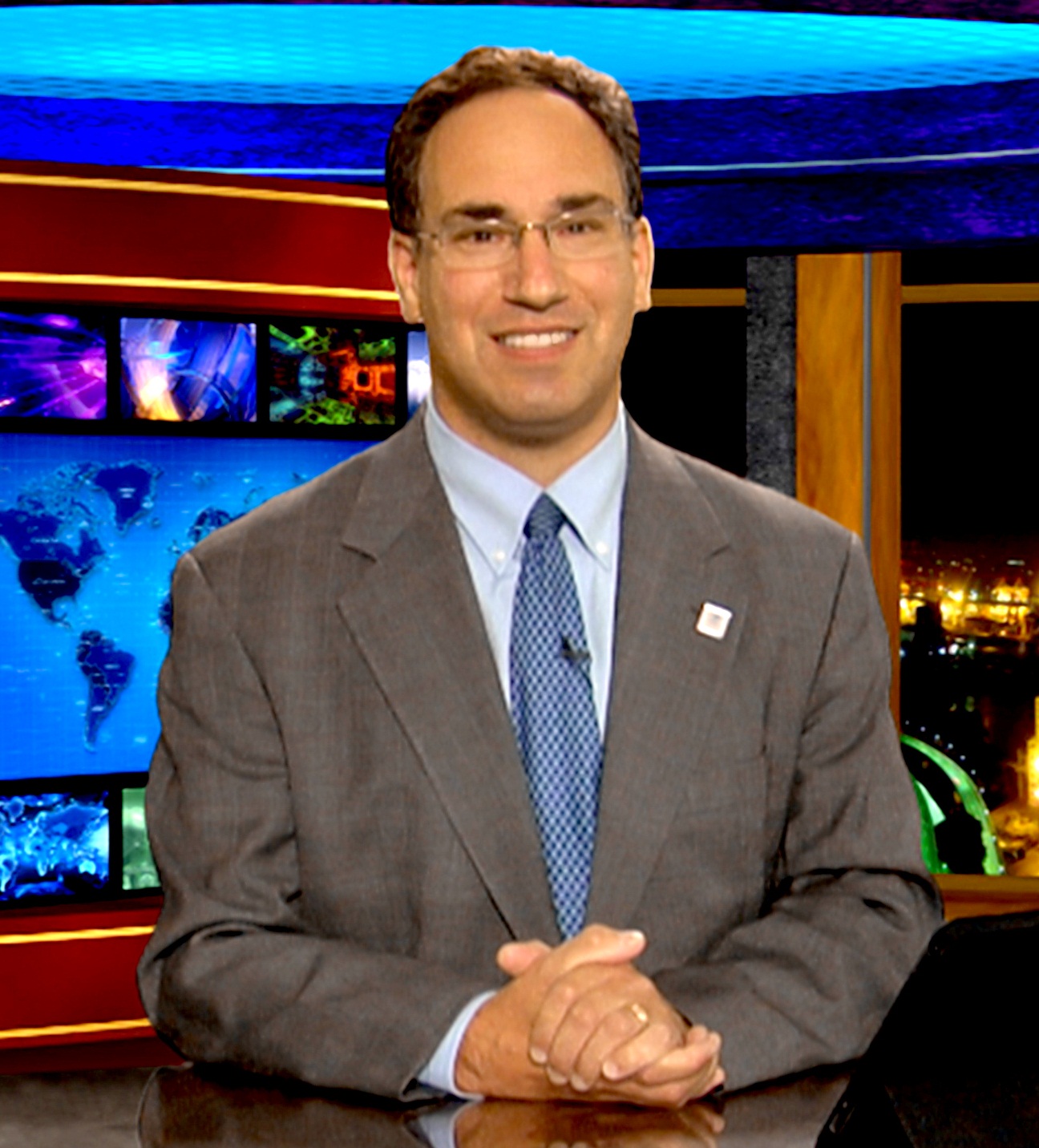Philanthropy Mindset Hampers Sustainability Efforts
Are we so busy helping others to build their sustainability (environmental, social and economic) pillars that we're neglecting our own personal ones?
It is no secret -- in fact many take pride in knowing -- that altruistic endeavors traditionally pay less. Those working for not-for-profits accept that part of their income is psychological. However, the sustainability concept is not based on one of philanthropy. Sustainability is a business model that, to quote from the mission statement of the Sustainable Business Network of Washington recognizes and seeks to "transform the ways businesses appraise, engage, and enhance human, ecological, and financial resources" as a means to long term value creation and success.
Over the decade or more that I have been engaging in sustainability work it has been pointed out to me that many of the people working the hardest to build a sustainable business model -- those who are striving to help companies and organizations understand the need to balance the human, ecological and financial capital -- are not exactly practicing what we advocate. How can we say we are building a business model if so many of us building it are following the charity model ourselves? As we tell businesses that they can do well by doing good, how many of us are remaining content to do good without doing well?
I have talked to a number of sustainability/CSR professionals who have experienced the conundrum of being offered a dream job -- one that truly could be transformational in their career as well as for the causes we seek to support -- only to discover that the financial reward offered is not enough to meet their economic needs.
We're not taking care of our social pillars either. Companies that offer work-life balance and flexible work arrangements are considered more employee-centric and hence increasingly the employers of choice to a population that wants a better social balance as well. In some cases these needs may rise to a level that surpasses financial needs; such as the working mother or the single parent who needs flexibility in order to give their best to their children. It is ironic, then, when I run into people who work for companies that advocate and promote such arrangements for their clients, while their own business models do not reflect the same values.
Click here to continue reading and comment
John Friedman, an award-winning communications professional and recognized sustainability expert with more than 20 years of experience, is co-founder and vice chair of the board for the Sustainable Business Network of Washington (SBNOW).
On social media, Friedman is a recognized as a thought leader in CSR, listing among the top voices in CSR by Forbes’ Brandfog. His insights on sustainability issues and strategy have been a regular feature on SustainableBrands since 2008 and have appeared on Ecopreneurist.com, Forbes.com, Vaultcareers, and JustMeans.
When not volunteering his time, Friedman serves as director of public relations for Sodexo, Inc. He can be reached at johnf@sbnow.org, is @JohnFriedman on Twitter and can be connected on LinkedIn and Facebook.
This post originally appeared on the Huffington Post website and can be found here. For more information and posts by the author, visit his profile page here. This post was distributed with full permision of the author.

